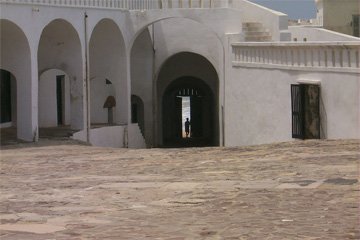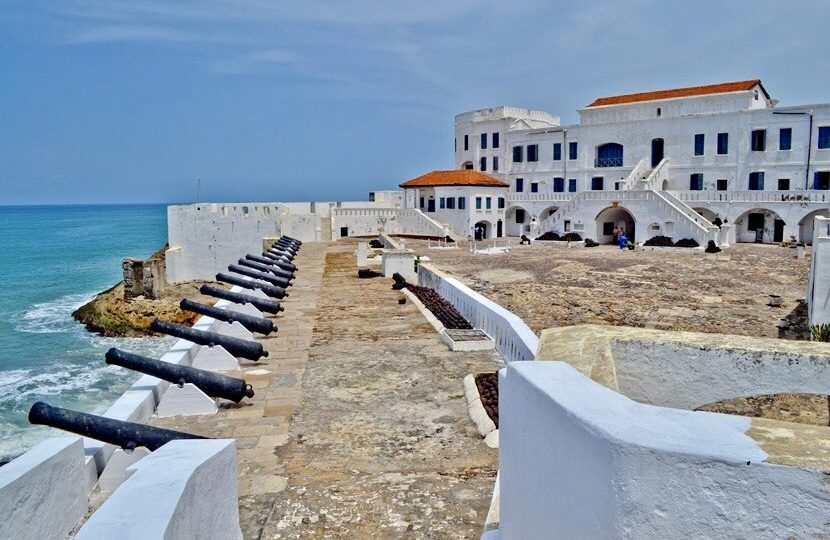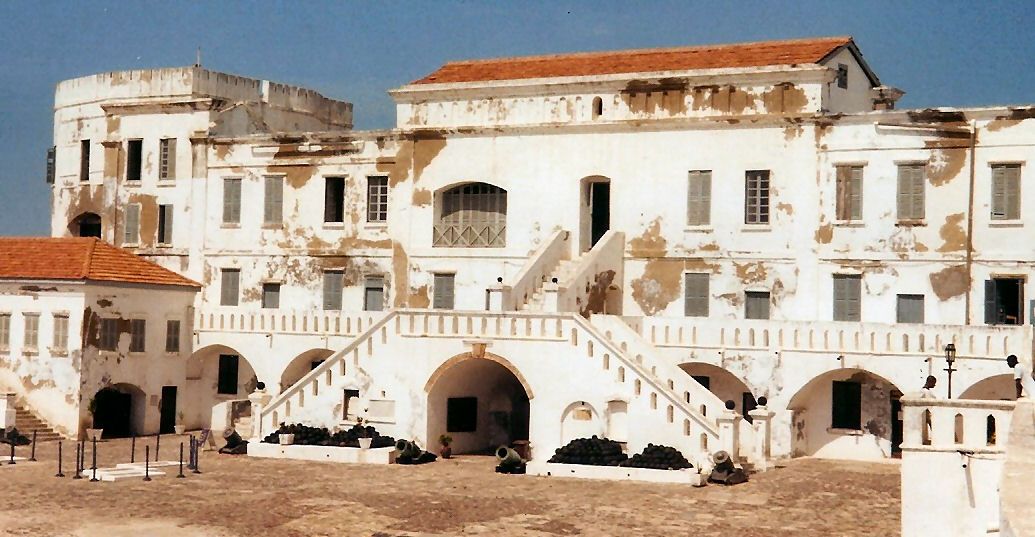Cape Coast Castle is a trading post located in the Ghanaian nation on the West African coast. Ghana. It is just two miles away from a slave castle built in the hands of the Portuguese in Elmina in the 15th century. It was initially constructed by Sweden around 1650, Cape Coast Castle shifted into Danish, Dutch, and later English ownership by the 1660s. In the early years of the castle, trading was centered around wood, gold, and textiles. However, it was not long before English traders began to search for captive Africans in huge numbers.

Extensive, continuous trading facilities such as Cape Coast Castle gave European traders an advantage in the market. By focusing resources around these locations, merchants could form alliances with local politicians to ensure a constant supply of African products. The town built around the castle provided the labor of merchants, which was in addition to the castle’s enslaved laborers. Additionally, the relationships between European males and African women resulted in a large biracial population on Cape Coast. They served in military units, learned trades, and acted as an avenue for interaction across European and African cultures.

The Cape Coast Castle’s business began to depend more on enslaved people. The fort was also able to add dungeons to accommodate more enslaved people. This meant merchants at the castle could equip ships faster and at a higher cost and make more profit than their lesser rivals. Through the 18th century, most of the business of Cape Coast Castle was with African captives headed to the Americas. After Britain legalized the trade of enslaved people in 1807, Cape Coast Castle became an administrative and educational center.

